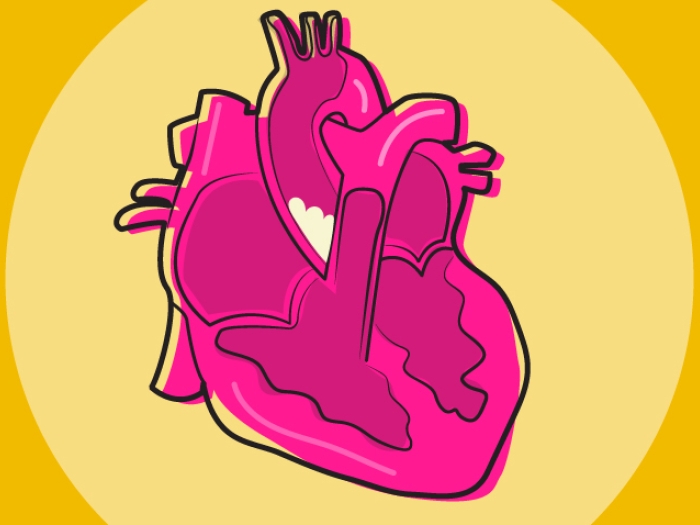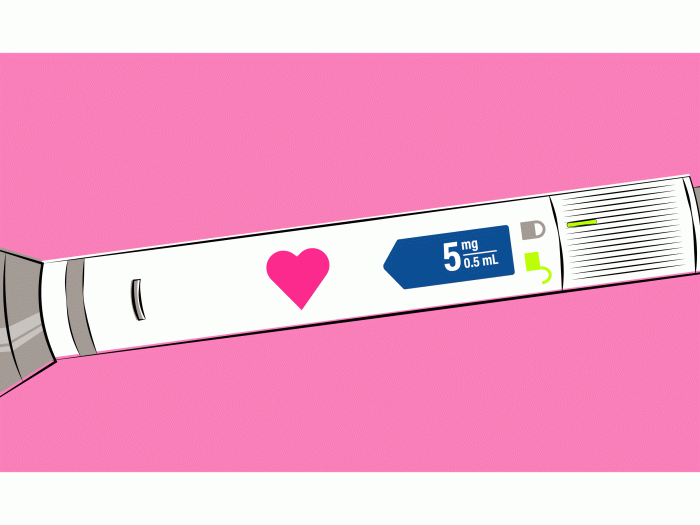
Health Lab
A study found personalized text messages effectively promoted increased physical activity for patients after significant heart events — such as a heart attack or surgery — but those effects later diminished.

Health Lab
A study led by Michigan Medicine narrows in on the cumulative effects of years of high systolic blood pressure — the top number on the blood pressure reading and how hard the heart pumps blood to the arteries — finding that a higher average reading during adulthood is linked with a greater risk for the two most common types of stroke.

Health Lab
Women over the age of 65 who require complex heart surgery are more likely than men to receive care at low quality hospitals — where they also die in greater numbers following the procedure, a Michigan Medicine study finds.

Health Lab
Patient bypasses a life threatening aortic aneurysm with the help of Michigan Medicine's genetic counseling and a streamlined cardiac referral program.

Health Lab
The tool, based on updated information about atherosclerotic cardiovascular disease, could mean fewer people would be recommended to take statin medications

Health Lab
Youth with heart disease enrolled in unique program that teaches resilience and builds connections with their peers

Health Lab
Around 10% of all deaths following percutaneous coronary intervention are potentially preventable, a study led by Michigan Medicine finds.

Health Lab
More bone marrow transplants, also known as hematopoietic stem cell transplantation, are being offered to older patients, a population at greater risk of cardiovascular disease.

Health Lab
Female genetic markers may have greater effect on hypertension, certain cardiovascular diseases

Health Lab
Sudden cardiac arrest in young athletes: 5 things parents should know

Health Lab
Racially biased readings of oxygen levels in the blood using pulse oximeters may further limit opportunities for Black patients with heart failure to receive potentially lifesaving treatments, such as heart pumps and transplants

Health Lab
Tanuka Piech, M.D., a cardiologist at the University of Michigan Health Frankel Cardiovascular Center, answers questions about heart disease, why we should care and what we can do to help prevent it.

Health Lab
Women who have both migraines and a long-term history of hot flashes and/or night sweats have a slightly higher risk of heart disease and stroke, and young women who have migraines have a higher risk of later persistent menopause symptoms.

News Release
A collaborative partnership dedicated to improving statewide cardiovascular care and outcomes — hosted at Michigan Medicine — received national recognition for efforts in patient safety and quality. BMC2 received the award for its significant improvements in the documentation of radiation use, a decrease in high-dose radiation exposure and reduction in opioid prescribing rates for patients.

Health Lab
Cardiologist shares how weight loss medications may impact cardiovascular health.